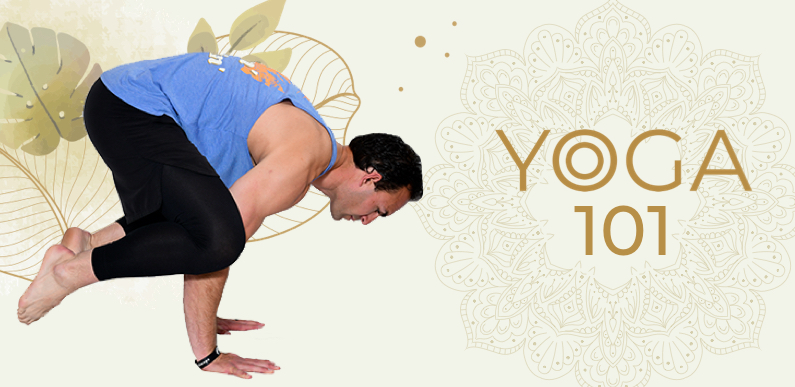

en·dur·ance (noun) – the fact or power of enduring an unpleasant or difficult process or situation without giving way.
You’ve heard about endurance. As the definition above says, endurance is all about doing difficult things over a long period. It is not easy to obtain. It requires you to be out of your comfort zone, testing your limits over a long period.
Endurance is a natural part of getting fit. The more you work out, the more endurance you’ll be able to experience. Some people don’t think about endurance as something they can or need to train but increasing the amount of difficulty you can take and the amount of time you can take it is essential for various reasons.
Unless you have been training for it, you probably won’t be able to hit the road right now and run a 100-mile ultramarathon. Very few people can do that with intense months and years of training. They are some of the best athletes in the world, and they all have one thing in common: endurance.
Now, you don’t have to run a 100-mile ultramarathon (unless you want to), so why should you focus time on your endurance? That takes a ton of time and commitment. It may not be easy, but the rewards are worth it.
Why should you?
There are many different reasons to train your endurance. According to the U.S. Department of Health and Human Services, healthy adults should get 150 minutes of moderate aerobic activity, 75 minutes of vigorous aerobic exercise, or a combination of the two. For many, this is much activity.
To reach these goals, you need endurance.
On top of that, endurance training has been shown to…
- Improve metabolism
- Reduce the risk of cardiovascular disease
- Improve sleep
- Strengthen muscles and bones
- Help with weight loss
What is endurance?
Endurance doesn’t happen overnight. It’ll take some time. There are also different types of endurance: muscular and cardiovascular.
Muscular endurance training builds muscle strength so you can perform the same movement many times in a row with good form. This is important for exercise, but your muscular endurance plays a role in your daily life. This comes in the form of lifting groceries, walking up and down the stairs, and anything else that might require strength over time.
Cardiovascular endurance is maintaining an increased heart and breathing rate for an extended period. It is what you may usually think of when you think about endurance. You train your cardiovascular endurance by aerobics “cardio” exercises such as running, biking, and swimming.
How do I train my endurance?
Regular exercise is how you obtain more endurance—over a long time, consistently exercising while increasing your volume or intensity. For example, say you want to be able to run 10 miles. You don’t go from running one mile one day to 10 the next. You’d need to set a schedule over several weeks or months where you run one mile, then two, then three, and so on.
Endurance training doesn’t specifically have to be running. However, we often think of exercise as gyms, treadmills, and weights. If none of those are your cup of tea, find things you enjoy. FNS has an excellent team and personal training options, both virtually and in person. Whatever your needs are, there is something here for you.
Here are some other things that you can try out to work on your endurance:
- HIIT training
- Playing sports like basketball or soccer
- Walking up and downstairs
- Biking






